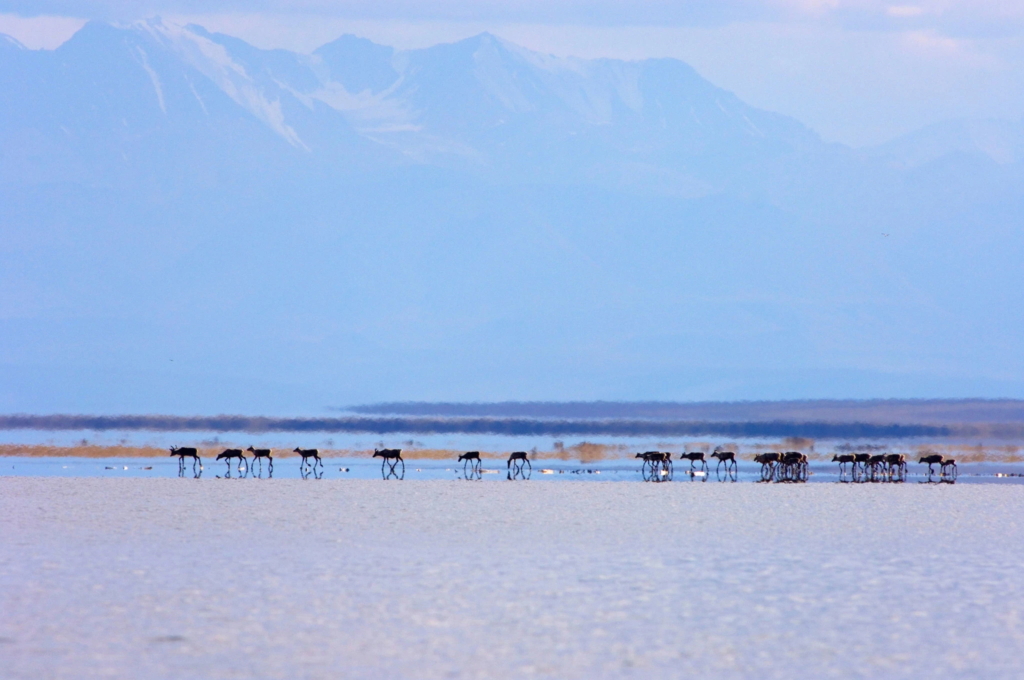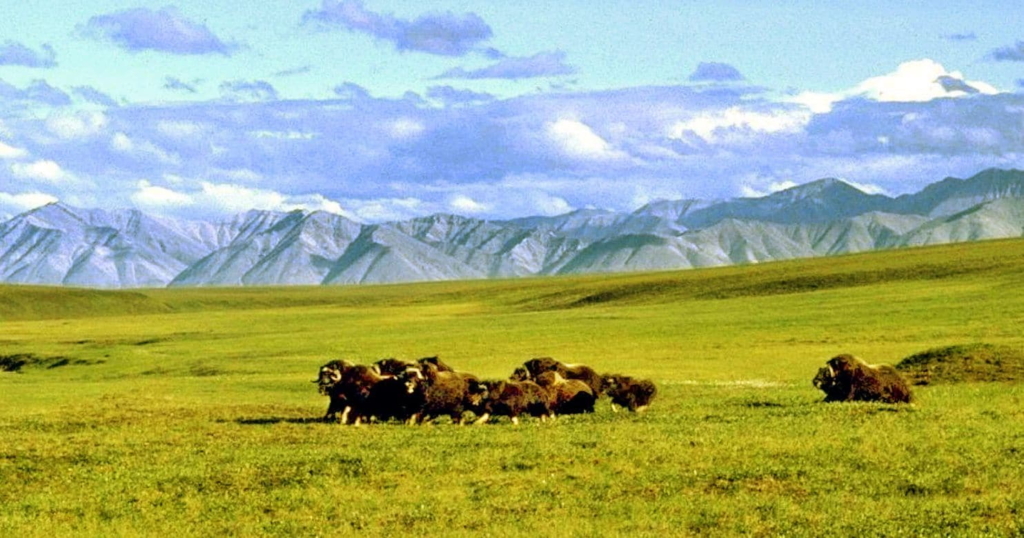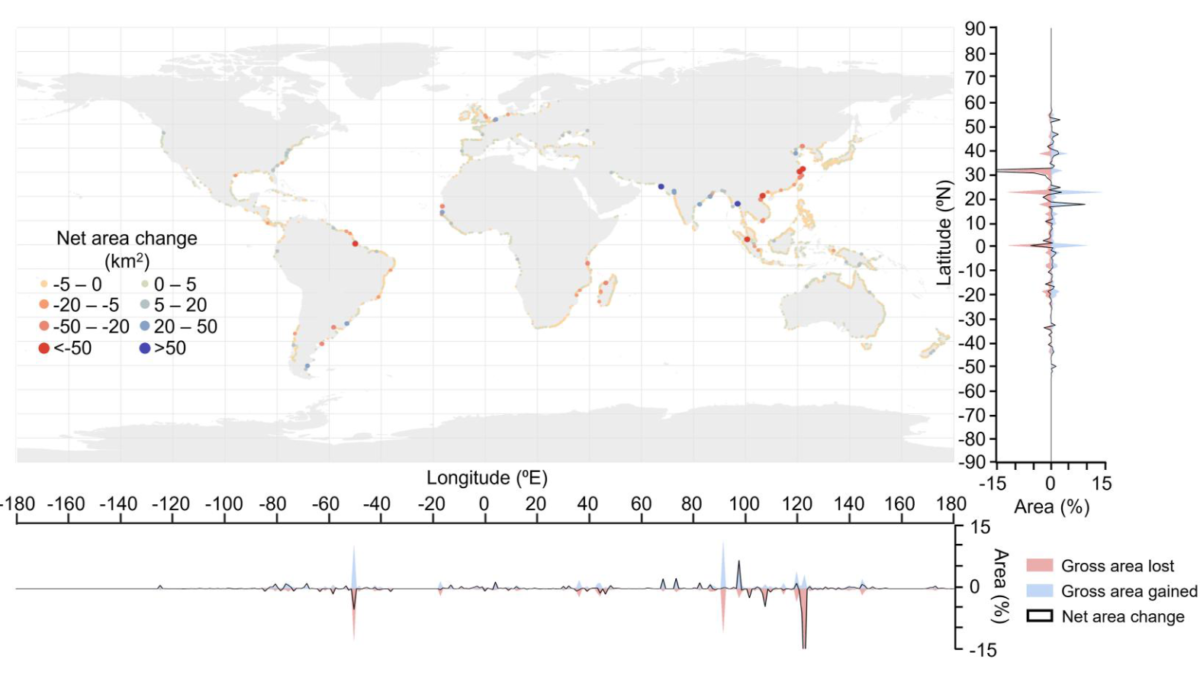Trump administration opens huge wildlife refuge in Alaska to drilling – “This destructive, unlawful plan would sell off one of America’s last great wildlands to the highest bidder”

By Steven Mufson and Juliet Eilperin
13 September 2019
(The Washington Post) – The Trump administration on Thursday said it would seek to open up the entire coastal plain of the Arctic National Wildlife Refuge to oil and gas exploration, picking the most aggressive development option for an area long closed to drilling.
In filing a final environmental impact statement, the Interior Department’s Bureau of Land Management took a key step closer to holding an oil and gas lease sale for the nearly 1.6 million-acre coastal plain, which is part of the 19.3 million-acre ANWR.
The administration said its preferred plan would call for the construction of as many as four places for airstrips and well pads, 175 miles of roads, vertical supports for pipelines, a seawater treatment plant and a barge landing and storage site.
The refuge — home to polar bears, wolves, migratory birds, and the porcupine caribou herd — has long been closed off to oil and gas exploration despite long-standing interest among members of the petroleum industry. Climate change has made the area more delicate as melting ice has driven threatened polar bears to spend more time in dens along the refuge’s coastal plain.
But a controversial provision in the Tax Cuts and Jobs Act of 2017 provided for opening up ANWR’s coastal plain to drilling and ordered the administration to hold at least two lease sales within seven years.
Margaret Everson, principal deputy director of the U.S. Fish and Wildlife Service, said in a statement that the plan would “protect high-value wildlife habitats and important uses in this area, while advancing the President’s agenda on energy independence.”

Environmental groups deplored the administration’s move.
Defenders of Wildlife issued a statement saying that the BLM’s “destructive, unlawful plan would sell off one of America’s last great wildlands to the highest bidder.” Jamie Rappaport Clark, president and chief executive of the group, called the administration’s actions “categorically illegal” and “presents an existential threat to threatened polar bears and is opposed by 70 percent of Americans.”
“By opening the entire coastal plain to oil drilling, the Trump administration has ignored data showing likely impacts on wildlife including the Porcupine Caribou Herd and polar bears,” said Lois Epstein, Arctic program director of the Wilderness Society. “The sprawl from oil activities in the coastal plain allowed under the Tax Act would devastate this ecologically sensitive landscape.” […]
Some native Alaskans — including the Gwich’in, who live outside the refuge but who rely on the porcupine caribou herd that migrates through it, also decried the administration’s move.
“This document disrespects the Gwich’in Nation and all people in the Arctic and world who suffer the impacts of climate change and nonstop exploitation, while formally scratching the backs of those who seek to desecrate land and dishonor human rights to fill their pockets,” said Bernadette Demientieff, executive director of the Gwich’in Steering Committee. […]
The agency’s own official analysis indicated that drilling would affect native villages, including residents of Kaktovik, because they are the “primary users” of the refuge. The 450-person village of Nuiqsut, the agency wrote, “could experience impacts on caribou, waterfowl, and fish harvests from development.” [more]
Trump administration opens huge reserve in Alaska to drilling


